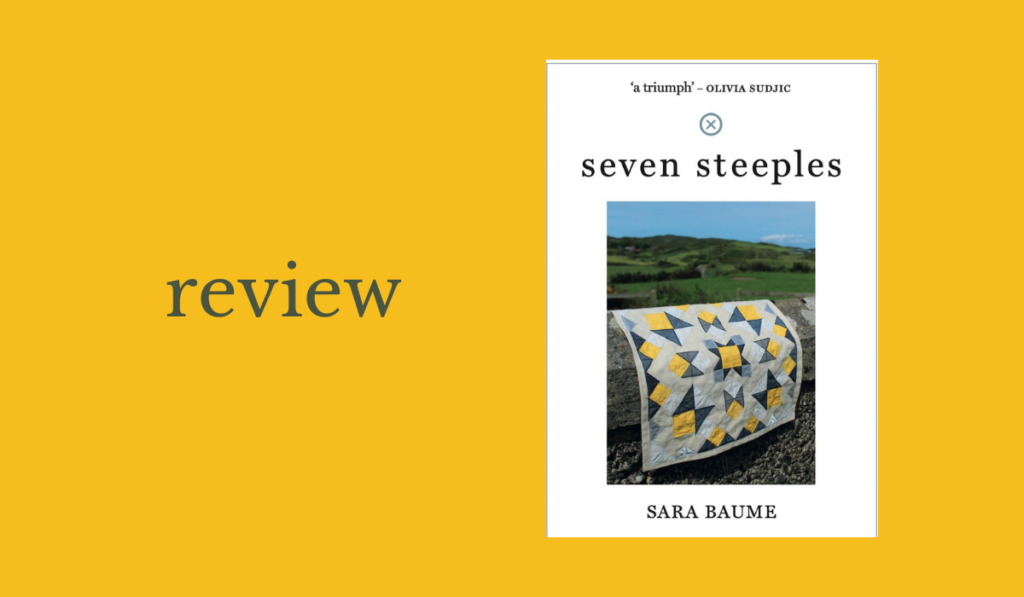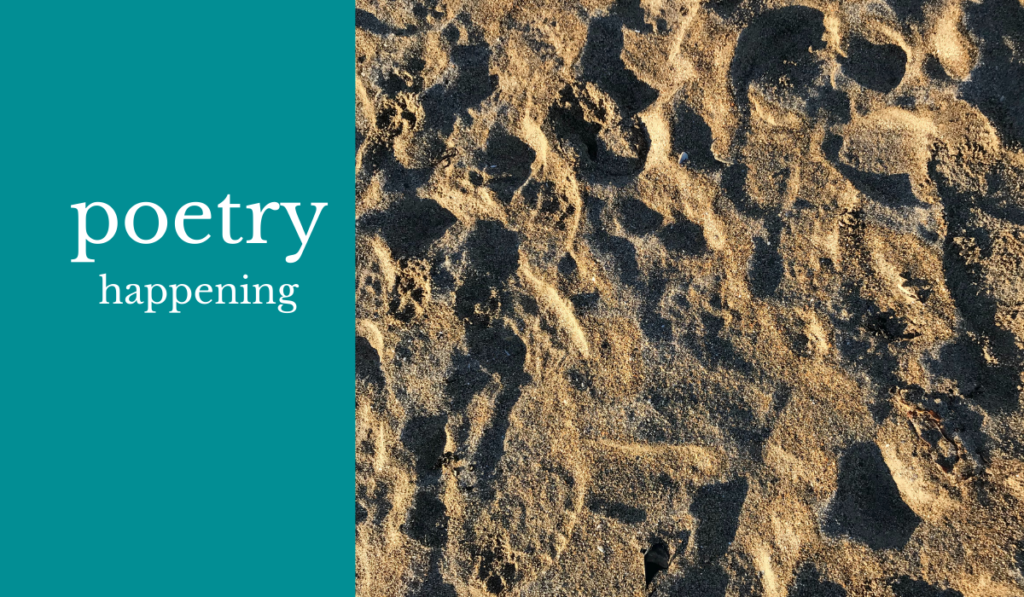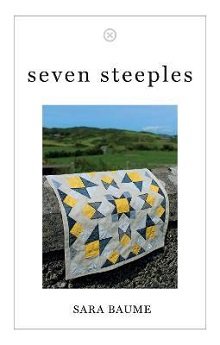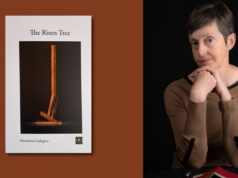
Seven Steeples|Sara Baume|Tramp Press|ISBN 9781916291485|€15
“To become a part of this world is to step back: not to simply block out the noisiness and chaos—but to let it go.”
—Aoife Lyall on Seven Steeples, by Sara Baume (Tramp Press)
by Aoife Lyall
…they had each in their separate large families been persistently, though not unkindly, overlooked, and this had planted in Bell and in Sigh the amorphous idea that the only appropriate trajectory of a life was to leave as little trace as possible…
And so, shortly after meeting through mutual friends, Bell and Sigh take themselves and their two dogs and move to a rented house in a rural location.
They establish their intimate routines and rituals, choose their routes, cast their lines and, for seven years, life carries on in much the same way, all under the watchful eye of the unclimbed mountain.
Sara Baume’s third novel, Seven Steeples, adheres more closely to the layout of a commonplace book, or an almanac, a survey or even a case study, than the strictures and structures of long prose.
It follows Bell and Sigh on walks, to the sea, to the shops, around the house: it leans over their shoulders as they cook, it rattles the windows with the wind, it picks up the scraps of litter and conversation they come across in the country lanes.
The pages within are as full of spiders, mice, puddles, hair and dust as their unkempt smallholding: words and sentences settle where they fall, blown there by the wind, left to gather like the dust.
Every evening as they walked, Bell and Sigh
repeated themselves,
extravagantly.
An aggregation of intimicies
Away from the constant threat of illness and tragedy we are now hardwired to anticipate; away from the stresses and pressures of family expectations and social obligations; away from the grind of working and wages and acquisition; away from the need to survive the present to lay down surety for the future, Bell and Sigh’s relationship develops as an aggregation of intimacies.
The personal beliefs and bodily functions they initially deem embarrassing become interchangeable: differences are observed, alternated, united.
Memories become communal. Together, they give voice to the dogs, the birds, the inanimate objects that shore up their existence. Language turns from ‘rephrased lyric’ to ‘overtones and allusions’ to ‘a dialect of their own unconscious creation’.
Melodic undercurrents
In Seven Steeples, Baume gifts us the hidden banalities of other people—a facet of living perpetually and inexplicably fascinating—by meticulously rendering the unremarkable, inconsequential, cyclical aspects of their quotidian lives in minute detail, expertly drawing the reader into the slow calendar of the days, months, seasons, and years, with a melodic undercurrent of repeated phrases and uncanny reckonings of their circumstances:
By then they had carried home from town:
a great mass of ground brown beans and dried oatlets,
ten thousand pellets of meat-flavoured mixer and
two thousand lumps of coal,
a hundred apples, a hundred onions, a hundred eggs,
a bathtub of strawberry yoghurt,
a white lake of milk.
World of their own creation
The appeal of this book is that Bell and Sigh exist in a world of their own creation, within which they are quietly, unconsciously, fearless.
They make decisions and enact their choices. They eat food that has been dropped on the dirty floor. They separate from friends and family. They swim in isolated places. They forget passwords, birthdays. They are unapologetically and intuitively self-absorbed.
They are neither angry nor enamoured with the world: they pay their bills, they tend to their pets, they compost their food waste, they use the internet to map the walks they have already taken. They are not restless, not driven, not feckless. They are content.
But Baume gives us no idyll here, no utopia. Their contentment, their ‘kind of retirement’, comes at a cost, one they are quite willing to bear.
They are content to let things fall apart: to fix some things, to leave others broken; they are non-plussed when they lose track of time—letting themselves be guided by ‘home time’, ‘van time’ and the seasonal trappings in shop windows; but it is their disinclination to maintain themselves and the house that leads, not only to rotting teeth and general disrepair, but to infestations of a particularly nightmarish quality:
Directly above the place where they laid their heads to sleep at night, queen spiders feasted. Discarded wings fluttered down to settle on their eyelashes, or became lost between the strands of their outspread hair, or inhaled, ingested.
Even this is not enough to send Bell and Sigh up the mountain, though Baume’s visceral style may have some readers running for the hills.
Into the mountain
To read this novel in a single sitting, or even over a few days, feels disingenuous: to read it while doing something else is to miss the point entirely.
To become a part of this world is to step back: not to simply block out the noisiness and chaos—but to let it go.
In a world defined by economic crisis, climate change, pandemic, and war, in a world that expects us to always be doing something, and to be seen to be doing something, Baume’s novel is an invitation to experience what it means to live one life—the one life we are given—to relinquish the gaze and authority of the world (a concept as desirable to some as it is unconscionable to others) to understand, ultimately, that we all disappear into the mountain when the lights go off.
Aoife Lyall’s debut collection is Mother, Nature (Bloodaxe Books). Hear her read Slit for Poetry Happening here.














